Syllable Spelling Template
This printable template, with boxes for each syllable, can be used to support students in spelling multisyllabic words.
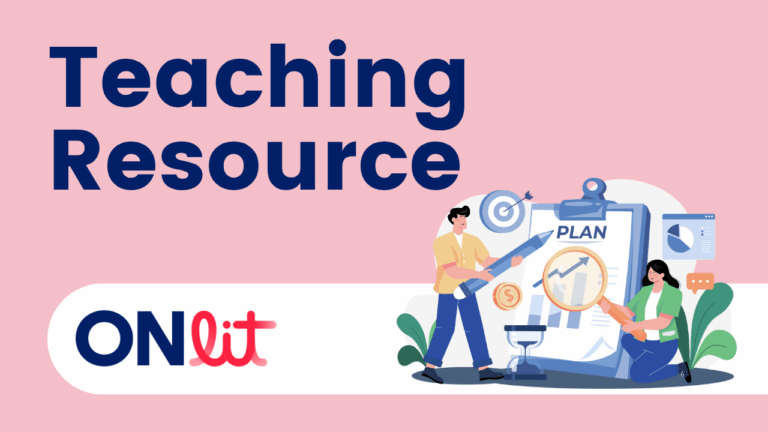
This printable template, with boxes for each syllable, can be used to support students in spelling multisyllabic words.

This printable template, with clear lines to support good handwriting, can be used for sentence dictation.

This recorded webinar highlights the importance of spelling to literacy development and how it can be analyzed to inform instruction and intervention. The integration of phonology, orthography, and morphology can be used to analyze student spelling inventory results. Dr. Pam Kastner analyzes classroom and individual student spelling to determine the types of errors students made.

In this brief video, Nancy Hennessy shares insights into the elements of comprehension and how educators can facilitate comprehension for students through Structured Literacy instruction.
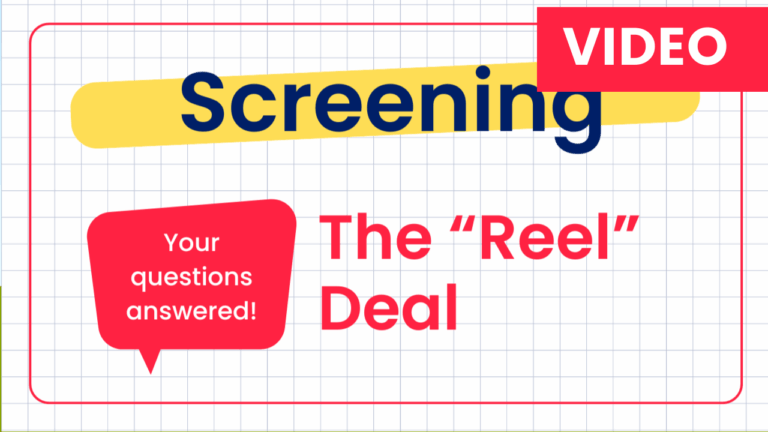
While Ministry-approved early reading screening tools may not measure comprehension directly, we learn a lot about students’ comprehension with the Oral Reading Fluency subtest. Learn more in this brief video!
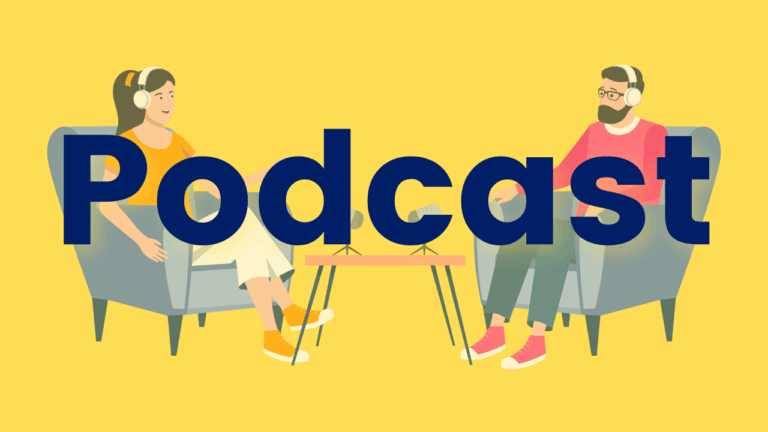
Season 3 of Reading Road Trip wraps up with a jam-packed episode featuring Dr. Amanda VanDerHeyden. Kate and Amanda have a wide-ranging conversation about the science of learning and human behaviour – how do children learn new things? From the instructional hierarchy to incremental rehearsal, don’t miss this fabulous episode!
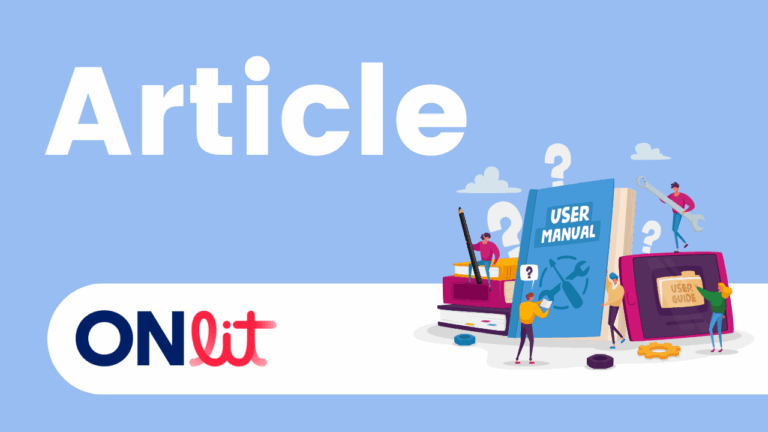
The Instructional Hierarchy is a model of skill acquisition. The hierarchy has been researched for decades – when we learn something new, we move through a series of predictable stages. Educators need to be aware of the instructional hierarchy since we are most effective when our instruction matches the student’s current level of proficiency. Learn…

On the recommendation of the Ontario Human Rights Commission, Ontario will be starting early reading screening in Fall 2024. This webinar clarifies the important role principals play in screening: the who, what, when, why, and how of early reading screening – and, most importantly, how we can use these data to improve student outcomes.
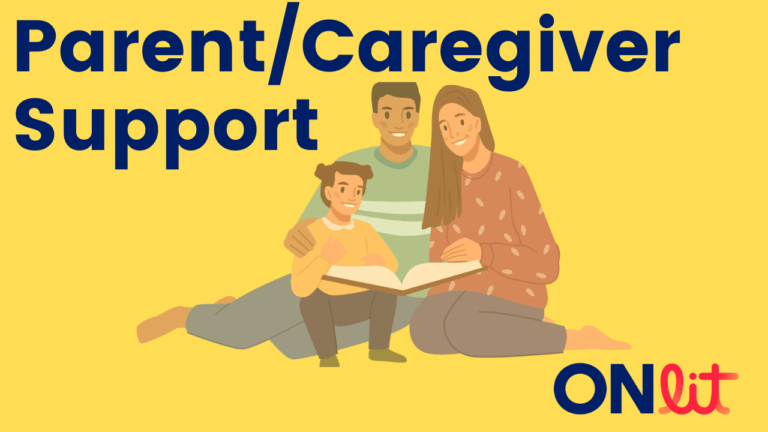
This slide deck outlines some of the key changes to literacy instruction in Ontario, the purpose of early reading screening, and things parents and caregivers can do at home to support strong reading outcomes. The Google slide deck is set to “view only” – to edit it, make a copy to your own drive.
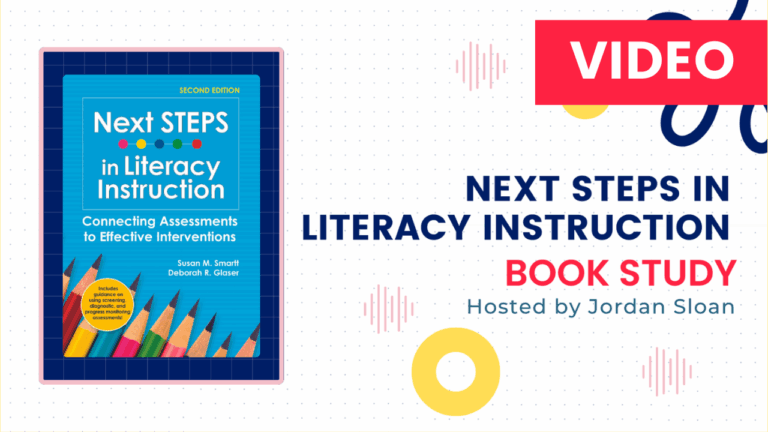
Keen to learn more about using assessment to drive structured literacy in your classroom? Catch up with our Next STEPS Summer Book Study. Resources related to this ONlit event series, hosted by Jordan Sloan, can be found here. Each session in the series tackles a foundational reading skill, unpacking what it is, why it’s necessary for…

This evidence-based planning guide will help educators of young children (K/1) and those who lead them to use the Multi-Tiered Systems of Support framework to enhance student development and success in literacy, language and the social-emotional domain. Chapter topics include using data-based decision making, engaging families, dual-lanuage learners, children with disabilities, and specific chapters on…

On the recommendation of the Ontario Human Rights Commission, Ontario will be starting early reading screening in Fall 2024. This helpful handout clarifies the important role principals play in screening: the who, what, when, why, and how of early reading screening!